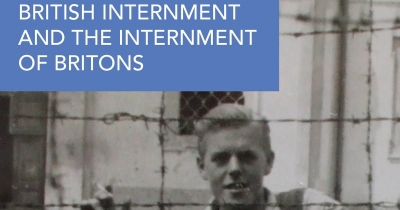In 2020, with Katie Holmes and Andrea Gaynor, Ruth A. Morgan co-authored ‘Doing Environmental History in Urgent Times’, an article which was published in a dedicated ‘In urgent times’ edition of History Australia. With more than 8,800 views since its publication, which coincided with the first Covid lockdowns, the paper has gone on to become that journal’s most read article in its twenty-year lifetime. In it, the co-authors staunchly called for ‘barbed and incendiary histories that hold wrongdoers to account and keep watch over the present’. History writing is an inherently political act, and they stressed – in italics, no less – ‘there is no justice without history’. Four years on, there remains an ever-accelerating and palpable urgency to the work of history writing. With coruscating prose and assiduous scholarship, Climate Change and International History adds its voice to this chorus.
...
(read more)

